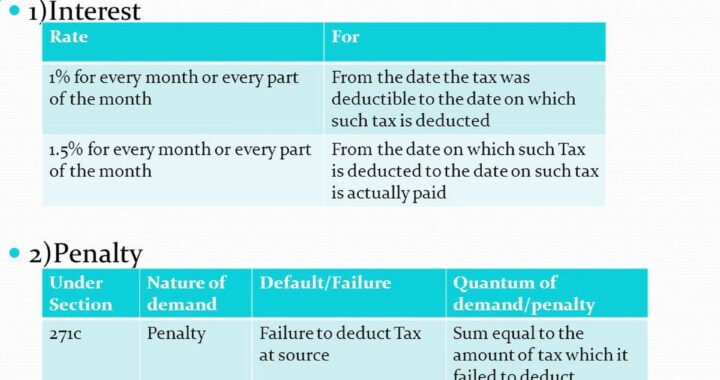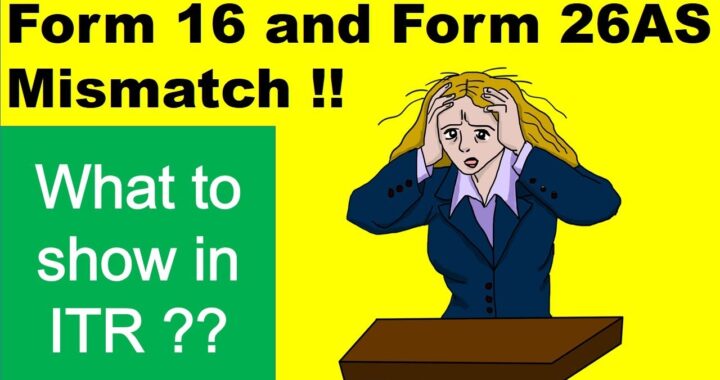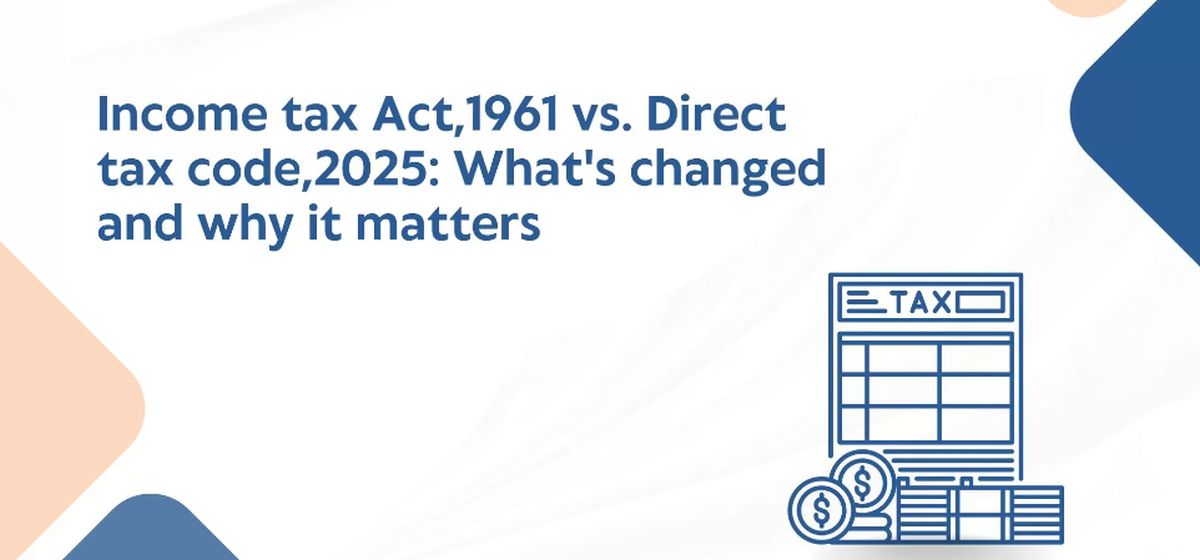The assessee-deductor is not liable to pay the fee for default in filing TDS statements prior to the amendment to section 200A
 The ITAT at Amritsar in the case of Sibia Healthcare Private Limited St No. 8, Ajit Road, Bhatinda 151 001 (TAN – PTLS15043A) (Appellant) vs. Dy. Commissioner of Income Tax (TDS), Centralized Processing Cell, Ghaziabad (Respondent) has held that the assessee-deductor is not liable to pay the fee for default in filing TDS statements prior to the amendment to section 200A with effect from 01.06.2015.
The ITAT at Amritsar in the case of Sibia Healthcare Private Limited St No. 8, Ajit Road, Bhatinda 151 001 (TAN – PTLS15043A) (Appellant) vs. Dy. Commissioner of Income Tax (TDS), Centralized Processing Cell, Ghaziabad (Respondent) has held that the assessee-deductor is not liable to pay the fee for default in filing TDS statements prior to the amendment to section 200A with effect from 01.06.2015.
Date of Order:
The order was passed by the ITAT at Amritsar on 09.06.2015.
Pleaders engaged in the case:
The Respondent was represented through Tarsem Lal, and the Appellant was represented through Shri Ashwani Kalia.
Brief facts of the case:
Through the said appeal, the assessee challenged the correctness of the order dated 13.10.2014 passed by the learned CIT (A) upholding levy of fees, under section 234E of the Income Tax Act, 1961, by the Assessing Officer upon the assessee and through intimation dated 11.1.2014 issued according to section 200A in connection with processing of TDS statements during the financial year 2012-13.
The appeal was held to be time barred by 62 days but the assessee prayed for condonation of delay. After perusing the condonation petition and upon hearing the rival contentions, the delay was condoned and the matter was heard on merits.
During the hearing, the learned pleaders were asked to answer the question as to whether or not, prior to 1st June 2015 fees under section 234 E of the Income Tax Act 1961 for defaults in furnishing TDS statements, could be levied under the provisions of section 200A of the Act. On this issue the appeal was decided.
To adjudicate the appeal, it was admitted that there was a delay in filing of the TDS returns. In the processing of the TDS return, the Assessing Officer raised a demand through an intimation dated 9th September 2013 issued as per section 200A of the Act for levy of fees for delayed filing of TDS statement.
Being aggrieved by the levy of fees under section 234E of the Act, the assessee filed an appeal before the CIT (A). The appeal was rejected by the CIT (A). The assessee was not satisfied and again preferred an appeal before the ITAT at Amritsar.
The judgment:
Upon hearing the rival contentions and upon perusing the materials on record and considering the circumstances of the case and the decision of Hon’ble Kerala High Court in the case of Narath Mapila LP School vs. Union of India [WP (C) 31498/2013(J)], granting stay on the demands raised for fees, it was held that the appeal requires adjudication on the legal issue.
Section 234E of the Act, inserted by the Finance Act 2012(brought in to effect from 1st July 2012) was referred.
Section 200A was amended to provide that during processing of a TDS statement and issuance of intimation as per section 200A, an adjustment could be made towards the fee computed according to the provisions of section 234E.
Prior to 1.6.2015 there was no provision for raising a demand for levy of fees under section 234E. While examining section 200A, one should go through the mandate of Section 200A which permits computation of amount recoverable from the deductor after making the adjustments. No other adjustment in the amount was permissible in law at that point of time. The adjustment in respect of levy of fees under section 234E was beyond the scope of section 200A.
It was argued that the intimation was an appealable order under section 246A (a) and the CIT (A) should have examined the legality of the adjustment in the light of section 200A. The CIT (A) failed to do so. He justified the levy of fees on the basis of the scope of Section 234E.
However in the instant appeal, the issue was whether such a levy was justified in pursuance of intimation under section 200A. The answer is very simple. It is not justified. No other provision for levy has been referred and it was hence admitted that in the absence of the enabling provision under section 200A, no levy is justified.
Intimation under section 200A could be passed within one year from the end of the financial year within which said TDS statement is filed. In this case the related TDS statement was filed on 19.2.2014; as such a levy could only have been made within 31.3. 2015. That period has already passed and the defect could not be cured even at this stage.
In view of the above, it was held that the impugned levy of fees under section 234 E of the Act was bad in law. The grievance of the assessee was upheld by the ITAT and the impugned levy of fee under section 234E of the Act was deleted.
As a result, the appeal was allowed. The judgment was pronounced in the open court on 9.6. 2015.

 Can an assessee pay House Rent to his parents and claim relief? Would there be any legal complications?
Can an assessee pay House Rent to his parents and claim relief? Would there be any legal complications?  Boost Your Business & Reduce Taxes: A Guide to Maximizing Benefits Under Section 80JJAA
Boost Your Business & Reduce Taxes: A Guide to Maximizing Benefits Under Section 80JJAA  What is remedy to taxpayer if the Tax deductor fails to deposit the TDS or fails to file TDS Return
What is remedy to taxpayer if the Tax deductor fails to deposit the TDS or fails to file TDS Return  What is Income Tax Liability on Income from trading in Future and Options
What is Income Tax Liability on Income from trading in Future and Options  The Importance of Filing Your Income Tax Return on Time: A Financial Must-Do
The Importance of Filing Your Income Tax Return on Time: A Financial Must-Do  Is Addition made by Assessing officer on basis of mismatch between AIR and F26AS Justified
Is Addition made by Assessing officer on basis of mismatch between AIR and F26AS Justified  Major Changes Expected in Direct Tax Code 2025 and why these matter
Major Changes Expected in Direct Tax Code 2025 and why these matter